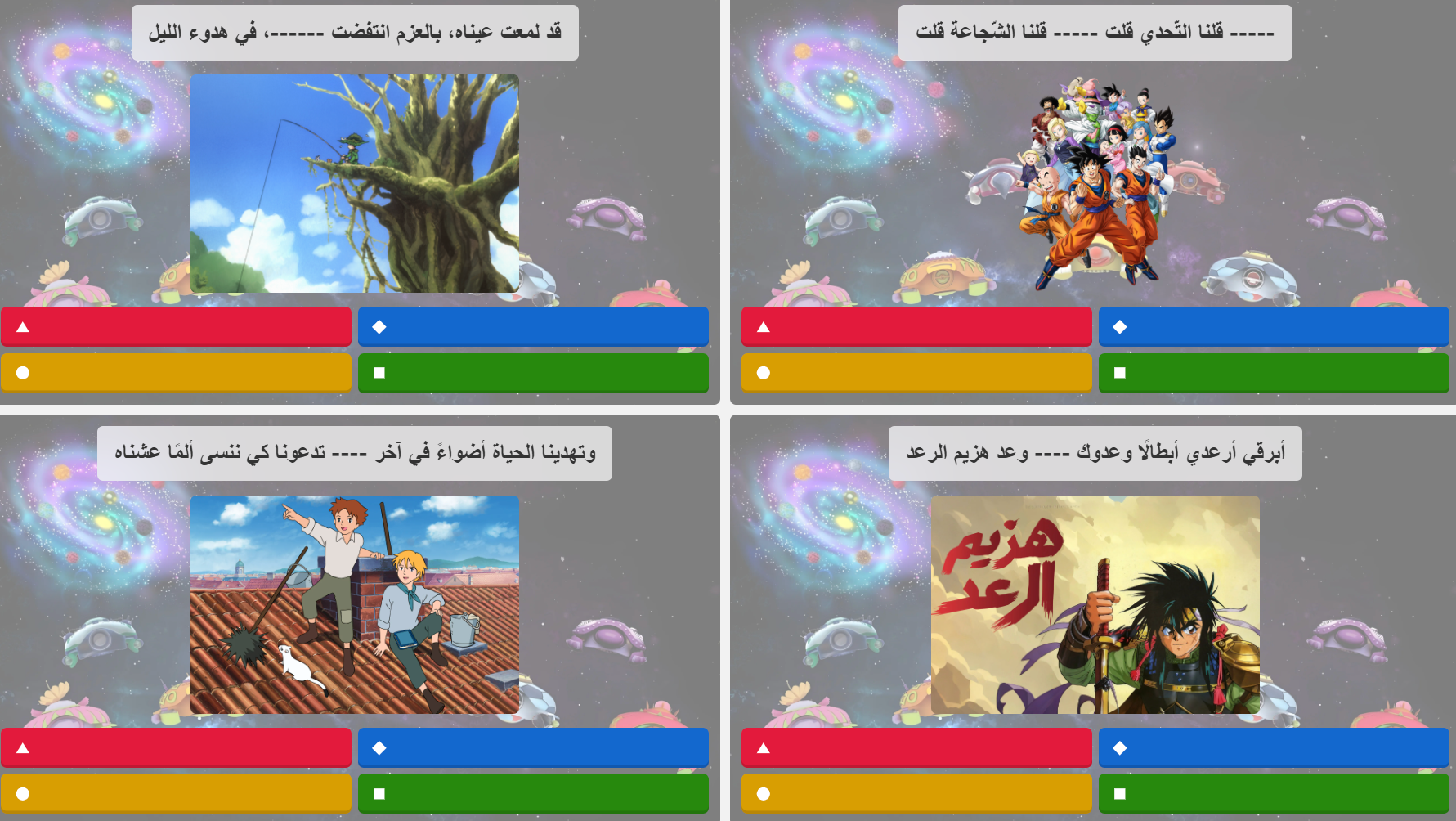UC Davis scales AI peer review model across California to boost writing skills and digital literacy
PAIRR offers free tools for educators integrating AI and peer feedback into writing instruction.
PAIRR graphic designed by Nicholas Stillman, Image Credit: UC Davies
A new AI-supported writing framework developed at the University of California, Davis is now expanding across the state, following a pilot that reached over 650 students in 2023–24.
The initiative, known as Peer & AI Review + Reflection (PAIRR), combines peer feedback with AI tools to help students critically reflect and revise their writing. It was developed and tested at UC Davis in partnership with seven California-based universities and is supported by a multi-year grant from the California Learning Lab.
A five-step approach to AI literacy
The model takes students through five steps: drafting, exchanging peer feedback, prompting an AI tool with instructor guidance, comparing both types of feedback, and revising accordingly. Students also engage with short readings on AI and language equity before the writing process begins.
The aim is to promote AI literacy and improve writing quality by encouraging students to compare human and machine-generated responses. Rather than treating AI as an answer engine, the model positions it as a second opinion to be interrogated, not followed blindly.
According to the PAIRR Packet, “The goal is not to treat AI responses as a model or a correction but as another opinion to reflect on critically.”
Statewide rollout backed by new funding
With a $1.5 million AI Grand Challenge grant from the California Learning Lab, the project is entering a second phase. The program now includes partnerships with four community colleges—American River, Glendale, LA Mission, and College of Marin—as well as three California State University (CSU) campuses in Bakersfield, Maritime, and Sacramento, alongside UC Davis.
All resources, including curated readings, lesson protocols, reflection prompts, and sample AI prompts, are available for free use, adaptation, and distribution. The materials are intended to support writing across disciplines, and to give both students and faculty practical experience with AI in the classroom.
The program emphasizes the importance of transparency and privacy when using AI tools. It instructs educators to remind students about terms of use and avoid uploading identifiable information, noting, “No student is required to use an AI tool to complete the assignment.”
Early results from the UC Davis pilot suggest that pairing peer and AI review not only enhances student writing but supports better understanding of how generative AI works. As the program expands across more campuses, its designers say the goal is to ensure equitable access to high-quality writing support and to demystify AI as a tool for learning.
























